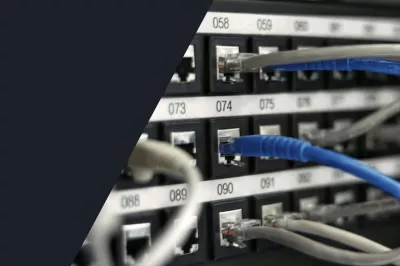You are responsible for how your company handles customer data and the security of your internal information.
Always implement up-to-date rules
Therefore, you are obliged to comply with the relevant rules, standards, regulations, and laws. They all result in different obligations; violations of them can sometimes result in severe penalties.
This starts with the European General Data Protection Regulation (GDPR) and does not end with the DSAG guide for ERP audits in SAP systems.
Depending on your industry, you may need to demonstrate HIPAA compliance or follow Sarbanes-Oxley Act (SOX) rules; if you process credit card payments, compliance with the Payment Card Industry Data Security Standard (PCI-DSS) is important.
All of these regulations are continually updated, changed, and adapted to new circumstances. It's difficult enough to keep track of everything here in policy management. But, of course, you want to keep the liability risk as low as possible.
To ensure that your software also complies with these regulations, it is necessary to be able to control and document access and all business processes relevant to compliance.
Lack of standardization
Since guidelines can vary widely from industry to industry and region to region - not all areas have truly overarching standards - it is often challenging to determine compliance for your software with certainty.
Outdated or inconsistent software
The IT systems of a company are usually an evolved landscape with all kinds of uncontrolled growth. Time and again, you will find isolated applications that were purchased for good reasons, but are no longer easy to connect or are simply outdated.
These solutions, in particular, must be thoroughly checked for compliance - and this also includes whether the data transfer to newer systems has been or can be implemented without risks.





